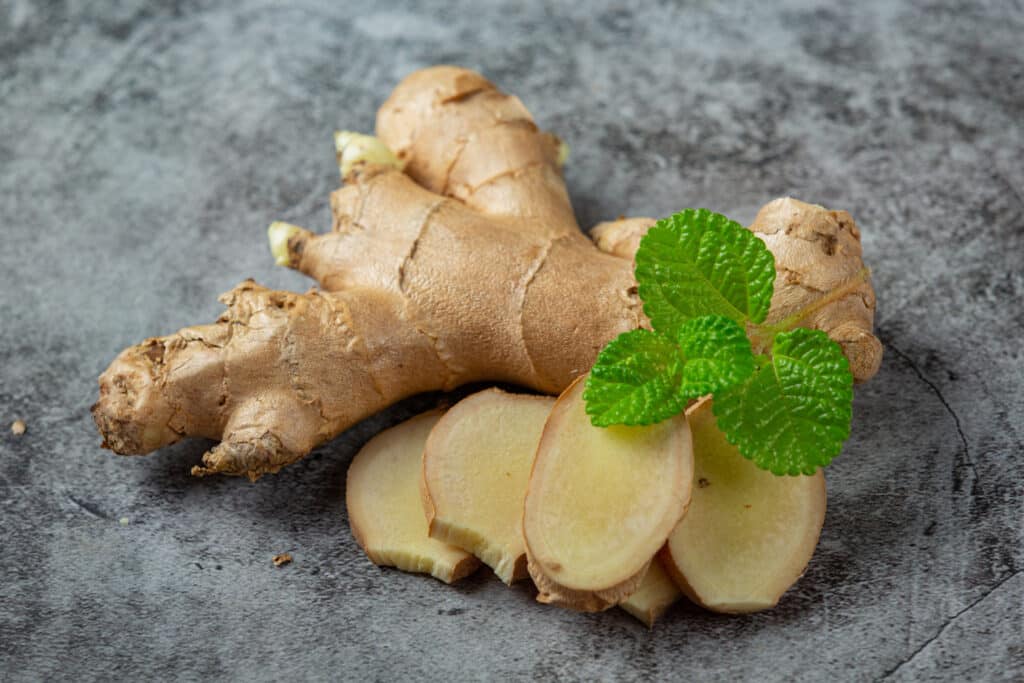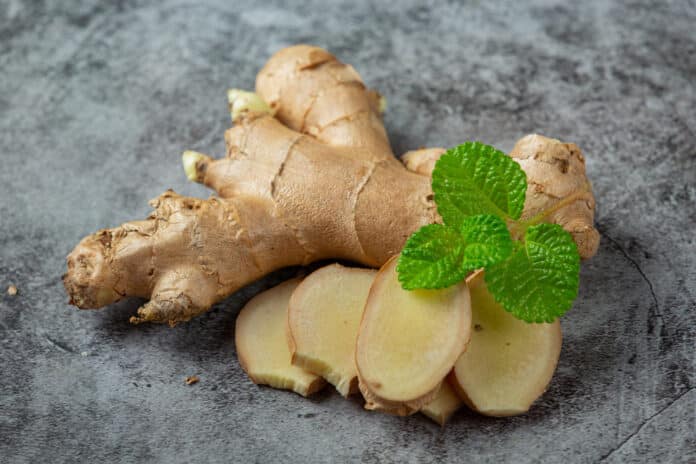By 2040, there will likely be 27.5 million additional cancer cases, making creating efficient cancer treatment methods critical. Chemotherapy, radiation, and surgery are being used to treat cancer. Chemotherapeutic drugs affect different organs since they are hazardous to malignant and healthy cells. As a result, substances with fewer side effects have drawn interest in the creation of new chemotherapeutic medicines.
A monocotyledonous plant in the ginger family called Kaempferia galanga L. is used as a spice and herbal remedy. Terpenoids, phenols, and flavonoids are just a few of the organic compounds that can be found in Kaempferia galanga L. Rhizome extract from Kaempferia galanga L. (KGE) has several physiological properties, such as antioxidant and anti-inflammatory effects.
Kaempferia galanga L. shows anti-cancer effects; however, the underlying mechanism remains unclear. A new study by the Osaka Metropolitan University explored the underlying mechanism of the anti-cancer effects of Kaempferia galanga L.
They found that Kencur(Kaempferia galanga L.), a tropical plant in the ginger family native to Southeast Asia, could be a potential component for new anti-cancer markers. Scientists demonstrated that at both the cellular and animal levels, kencur extract and its primary active ingredient, ethyl p-methoxycinnamate (EMC), dramatically reduced the development of cancer cells.
According to earlier research, mice implanted with Ehrlich ascites tumor cells (EATCs) had fewer tumor cells and lived longer after receiving KGE intraperitoneally. KGE lowers the survival rate and nucleus fragmentation in EATCs, although the precise mechanism underlying its anti-cancer effects on EATCs is still unknown.
Associate Professor Akiko Kojima of the Graduate School of Human Life and Ecology said, “The results of this study confirm the anti-cancer effects of Kencur extract and its main active ingredient, EMC. It is expected that TFAM will become a new marker for anti-cancer effects as research advances in related fields.”
Journal Reference:
- Yutaro Sasaki, Toshio Norikura, Isao Matsui-Yuasa et al. Kaempferia galanga L. extract and its main component, ethyl p-methoxycinnamate, inhibit the proliferation of Ehrlich ascites tumor cells by suppressing TFAM expression. Heliyon. DOI: 10.1016/j.heliyon.2023.e17588

